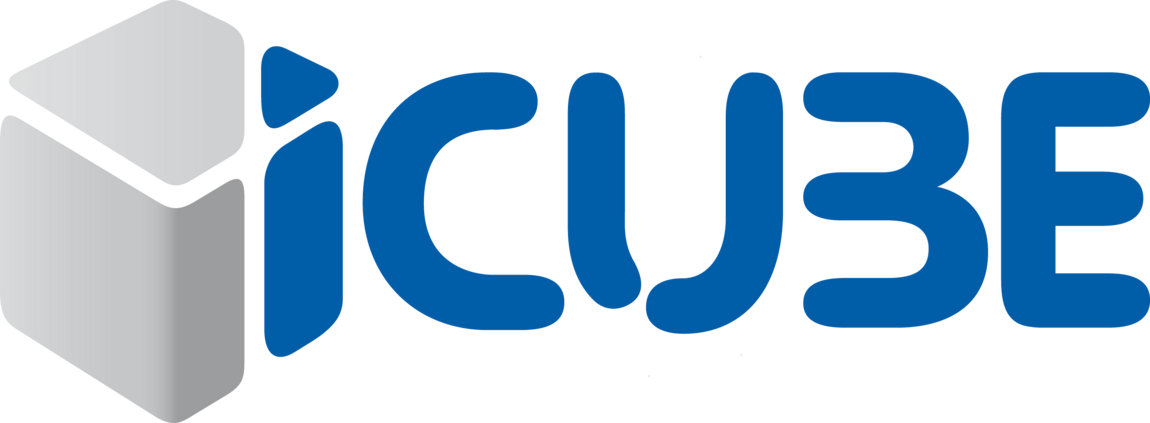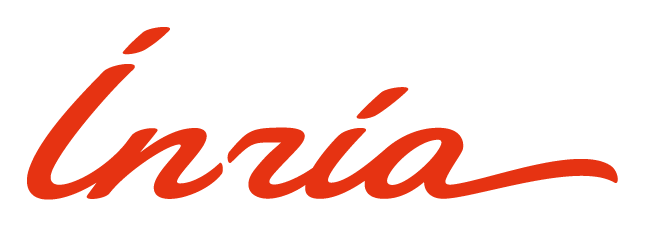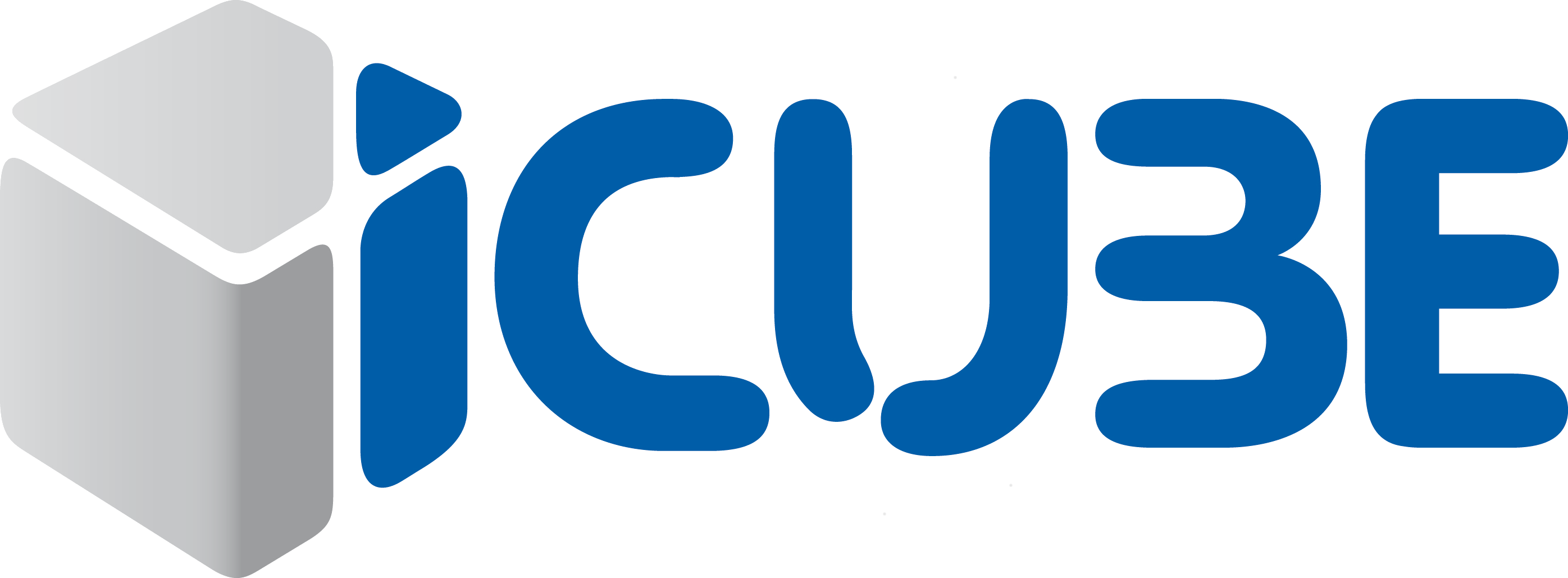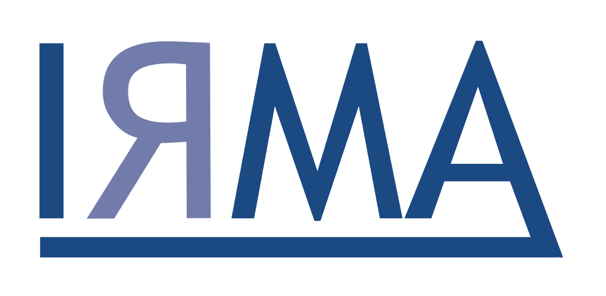The IGG team (Computer Graphics and Geometry) is historically the first computer science research group of Strasbourg. The IGG team aims to define efficient geometric models, taking into account a wide range of data (constraints, medical imaging, digitization, motion capture), to conceive and reproduce the shape, appearance and movement of 3D objects for visualization, simulation and interaction in virtual environments. The HCERES evaluation report of 2017 notes that IGG team specificity is to consider theoretical aspects relating to Mathematics and Theoretical Informatics (topological, combinatorial and embedding aspects) which allows it to build high-performance tools to tackle complex problems and also to develop applications while having excellent results in both activities. It notes that, for several years now, the IGG team has been developing highly original approaches, both in France and abroad, while being anchored in the theoretical aspects of Computer Science and Geometry. IGG team has built a remarkable set of software tools for formal specifications and proof as well as development environments on which it has been able to develop a solid, rich and varied application framework (from computer-aided teaching to medical simulation and heritage digitization), often in the context of international academic collaborations at the highest level and also in projects with academics and/or industrialists ranging from internal to ICube to international.
External link to IGG team website








